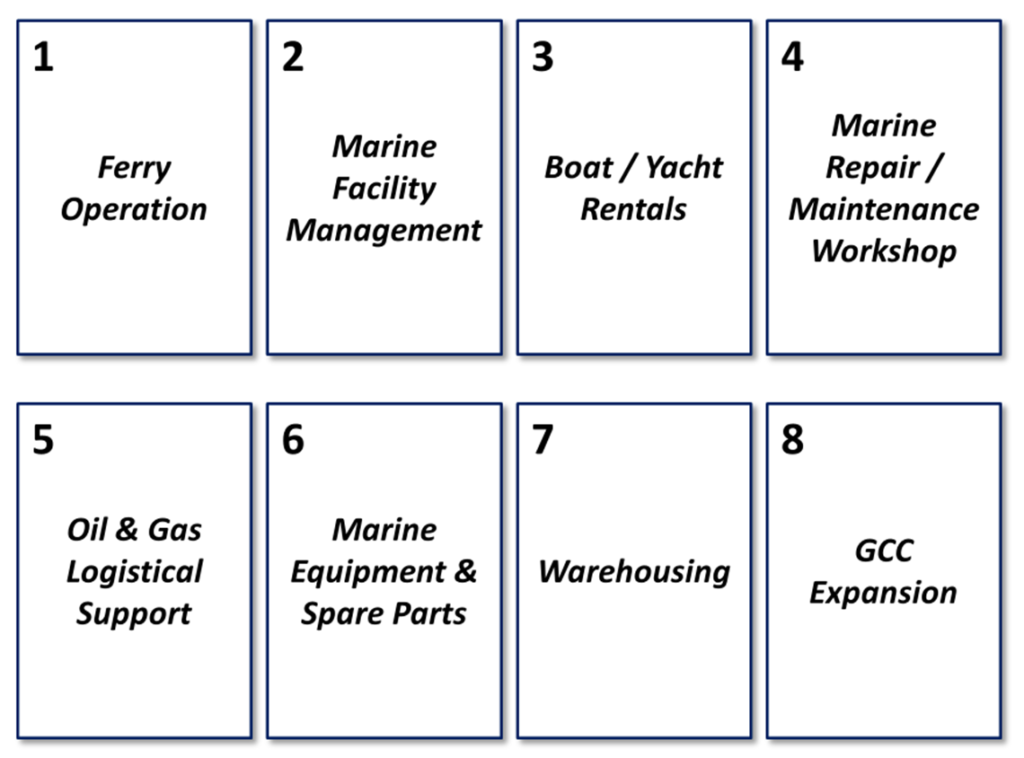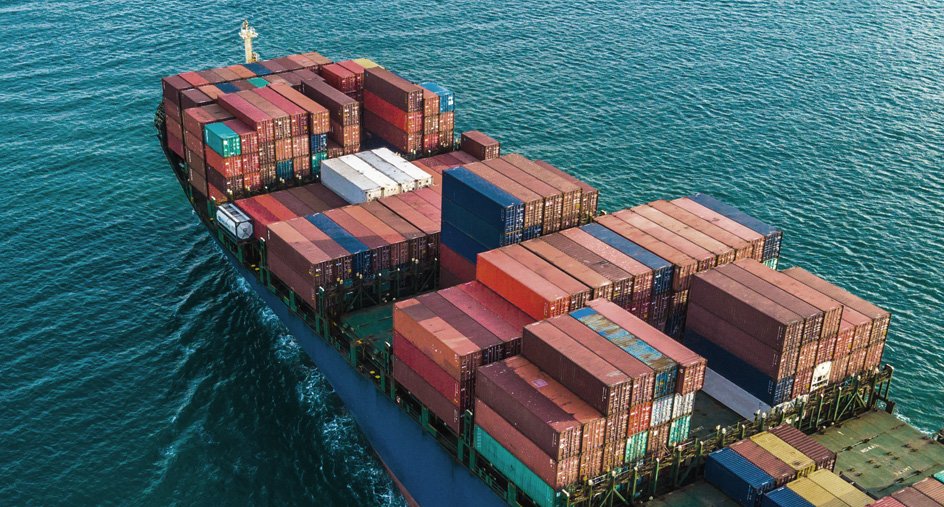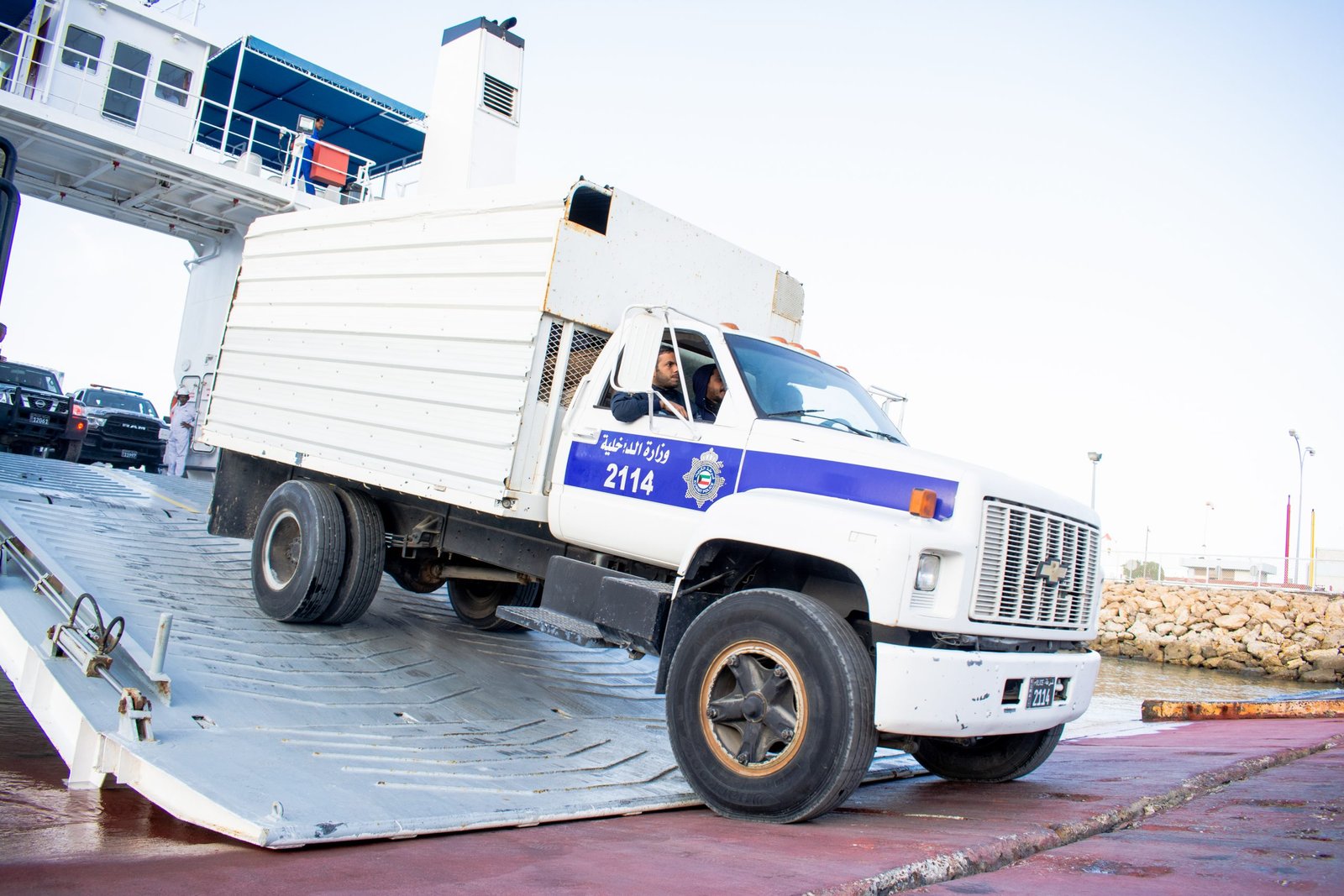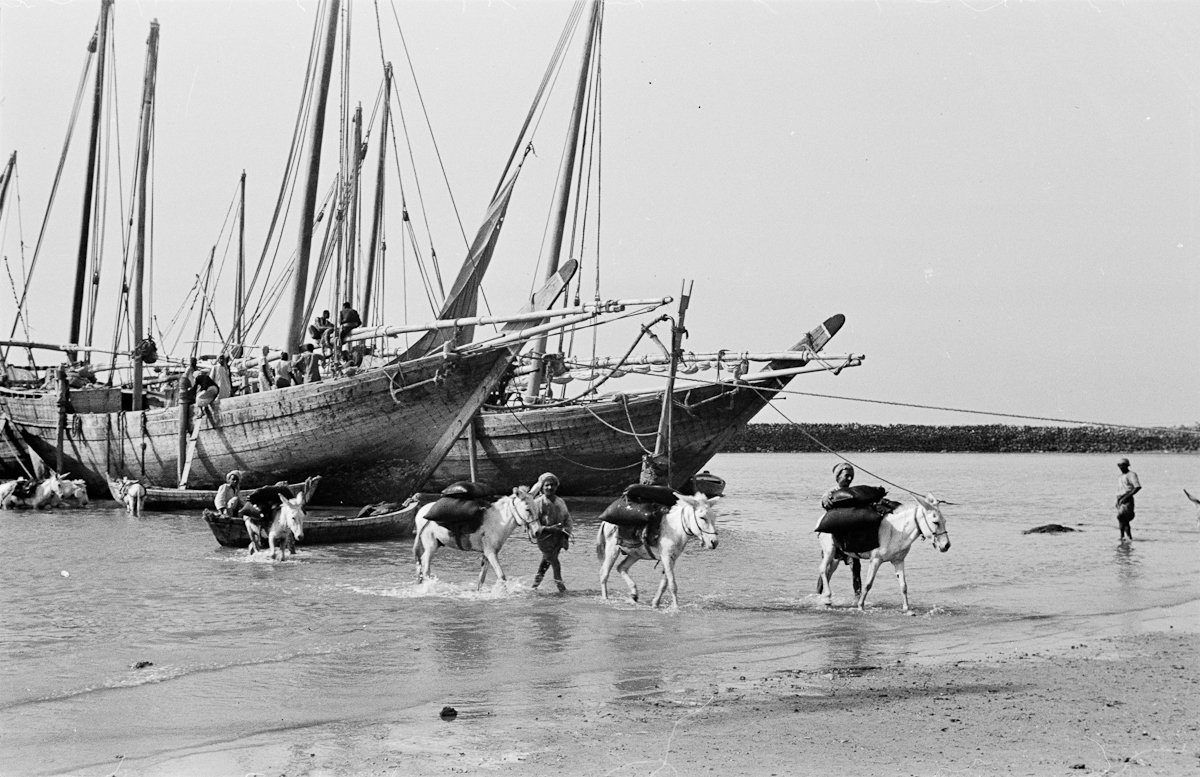JKM is a National maritime company that strives to become the regional maritime company of choice. As a registered entity in 2005, JKM has established itself as one of the leading providers of marine transportation, logistics and marine port services in Kuwait. With the company’s stakeholders, Kuwait Public Transport company (KPTC) and Touristic Enterprises Company of Kuwait, we are proudly committed to our partners in offering innovative solutions to complex marine logistics challenges.
Our Mission
JKM is the National Maritime company adding value to the Kuwait Marine & Logistics Sector by providing Innovative Maritime Solutions of the Highest Quality..
Our Vision
To become the regional maritime company of choice: offering integrated solutions, value for customers, operating in an ethically & environmentally conscious manner, and employer of choice for a diversified multi- cultural workforce, where employees strive to maximize shareholder’s return on investments.
Our Values
Our company’s core values are our fundamental beliefs that help our employers to function together as a team and work toward a common business goal. We strongly believe in our team work, responsibility, integrity, quality and leadership.






















